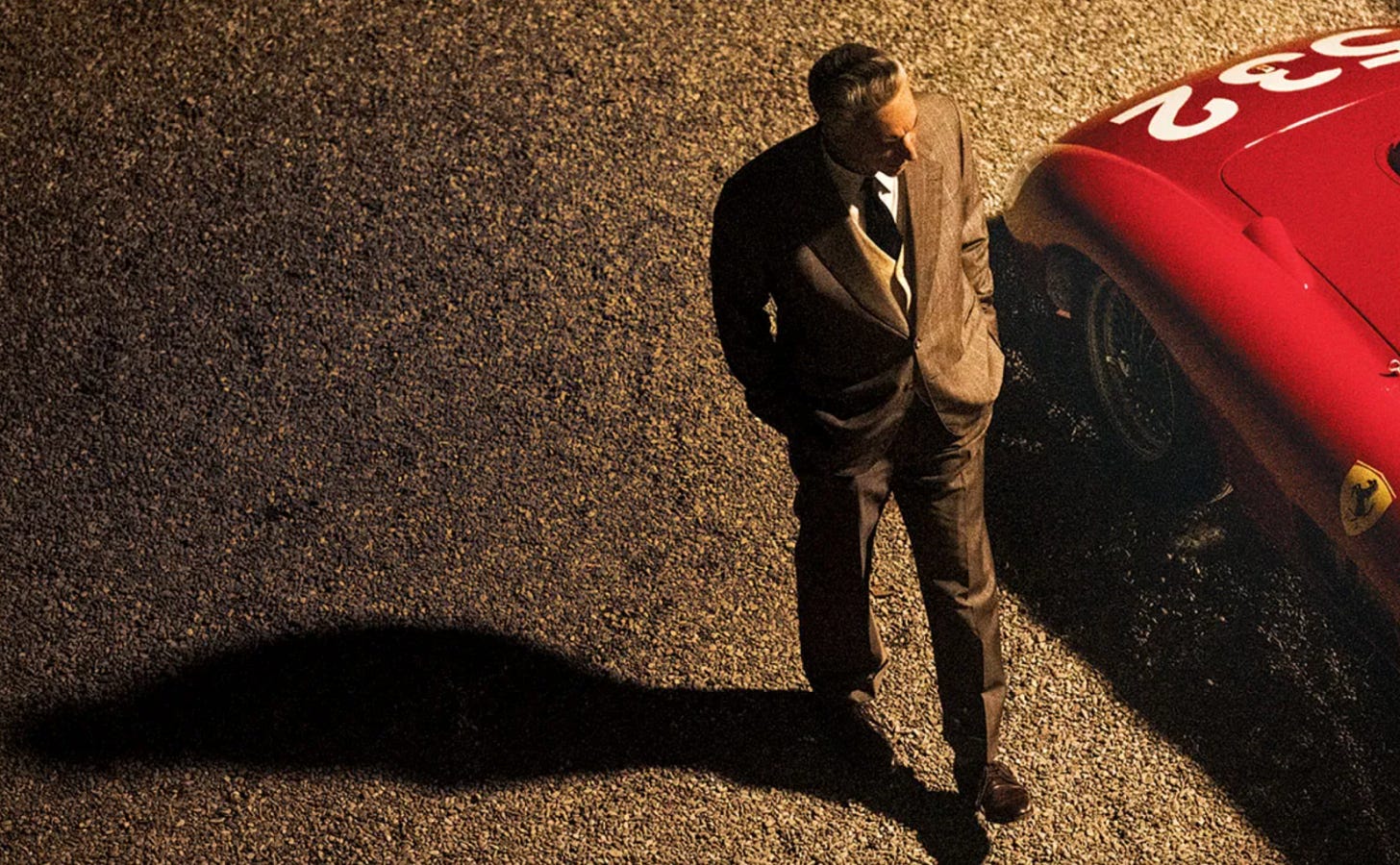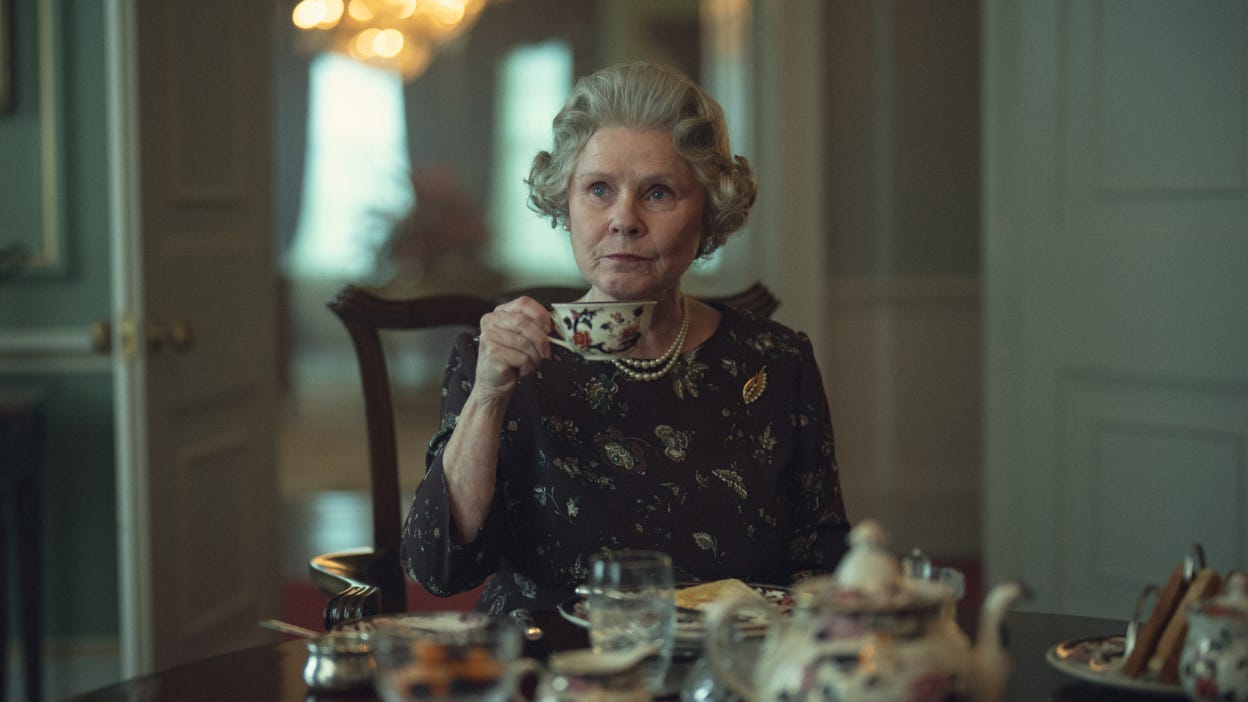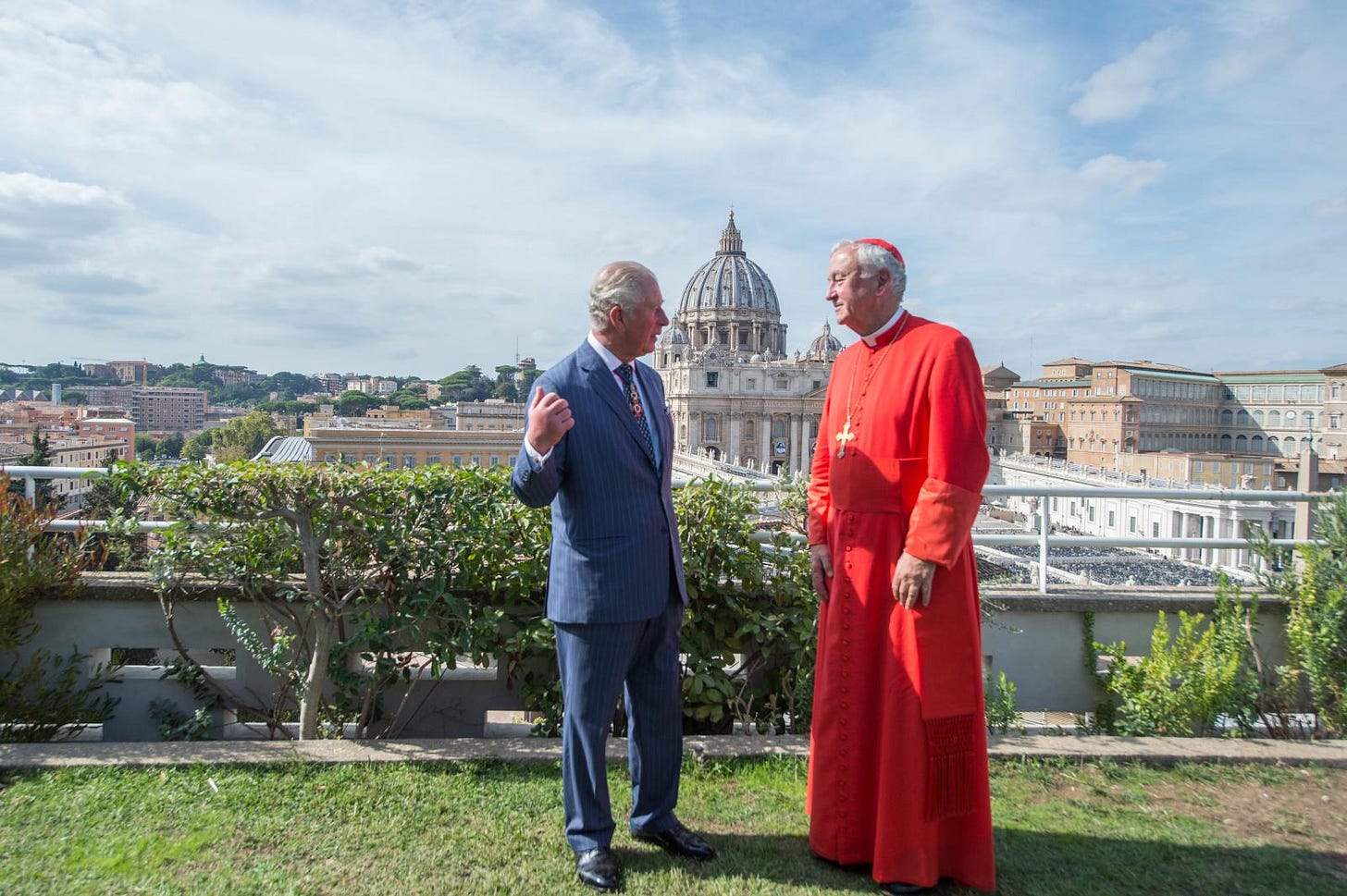It’s been a while since ECB has posted anything under the “Articles” tab. We’d like to be better about that going forward. So, here are a few short takes on a few things I’ve watched recently.
Maestro (2023)
I once tried to read a biography of Leonard Bernstein but quickly put it down for it having less to do with his music than his life of promiscuity and debauchery. One might turn off Bradley Cooper’s Maestro for the same reason; however, I managed to stick it out to the end and really enjoyed the film. It’s worth watching for a few reasons.
For one, there’s no denying Bradley Cooper’s far-reaching talent — writing, directing, and playing Bernstein all himself. Cooper studied an immense amount of concert footage of Lenny’s conducting to master his expressions and was coached on the finer points of baton-waving by Yannick Nézet-Séguin, the music director of the Metropolitan Opera and one of the most brilliant minds in classical music today. While the scenes in which Cooper conducts are disappointingly few, when he commands the epic conclusion to Mahler’s 2nd Symphony on-location in Ely Cathedral with the actual London Symphony Orchestra playing before him, just as Bernstein had done in 1973, his extensive preparation seemed worth the effort.
Yet for all his brilliance, Cooper is outdone by the incomparable Carey Mulligan, co-starring as Lenny’s wife, Felicia Montealegre. The story, which those who have made it through Bernstein biographies claim to be a touch revisionist, is largely about their marriage and its improbable survival through his lewd affairs and romances. Mulligan’s Felicia is dynamic, changing even by the minute. At one moment, she is the maestro’s muse. In the next, she is the forlorn wife and mother of a libertine artiste. And then once more, she is the one who holds Lenny together, without whom he would be as confused as a symphony’s notes having all fallen off their staff. In the end, Felicia sticks it out, as the film opens with an elderly Bernstein reminiscing, at the piano with a cigarette in his mouth, about the woman he had lost whom he seemed to deeply love.
Of course, this raises the all-important question: if he loved her so, they why the boyfriends, and the hook-ups, and the drugs, and all the rest of the lifestyle he embraced more than her? That is a question Maestro leaves unanswered. What I took away from Maestro, which I did not get from the book I had once tried to read, is that Leonard Bernstein was just as restless and unsatisfied with life as anyone. He was the first great American conductor, and none has since rivaled his claim to the throne. He often found consolation in his music. But once the baton was down and the concert hall emptied, his problems returned, because he hadn’t dealt with them. He had only distracted himself for long enough to keep them at bay.
While an undisputedly great conductor, his compositions are less universally well-received. I myself don’t have much of a taste for his rather dissonant Chichester Psalms; though I do wonder whether Bernstein, who loved and honored his Jewish heritage throughout his life, might have ever thought of his life — and his sensual pursuits — in light of Psalm 73:
For I was envious of the arrogant, when I saw the prosperity of the wicked. For they have no pangs; their bodies are sound and sleek. They are not in trouble as other men are; they are not stricken like other men… If I had said, “I will speak thus,” I would have been untrue to the generation of thy children… They are like a dream when one awakes, on awaking you despise their phantoms… But for me it is good to be near God; I have made the Lord God my refuge, that I may tell of all thy works.
One final note — a coda, if you will — on Maestro: we may, please and thank God, finally be witnessing a return to decency and modesty in Hollywood. A film about Leonard Bernstein made even five years ago would have depicted his lifestyle in a far more explicit manner. Maestro makes no attempt to hide or gloss over Bernstein’s homosexuality, and it is certainly not a film for all audiences, but I was happily surprised to see Hollywood exercise some self-control in how they chose to represent scenes of intimacy and romance.
Ferrari (2023)
I think my parents would agree that, growing up, I was more so my mother’s son; however, in the last few years, I’ve noticed myself becoming more like my father. When I found myself on a rainy Tuesday evening in a movie theatre with a handful of other people to see a film about race cars, my paternal transformation seemed near complete.
Though less convincing than Bradley Cooper’s Bernstein for not always getting the accent a punto, Adam Driver’s performance as Enzo Ferrari deserves at least a molto bravo, though perhaps not the full bravissimo. In any case, the film is good fun and at times exhilarating, both for what happens on the track and also what comes out of the mouth of Enzo’s wife, the high horse-powered Laura Ferrari (Penélope Cruz).
Similar in this regard to Damien Chazelle’s Whiplash (2014), Michael Mann’s Ferrari is in part a commentary on perfection and perfectionism. The survival of Ferrari S.p.A. depends upon its ability to sell customer cars, which would be greatly helped by a clean victory at the Mille Miglia, a thousand-mile race throughout Italy that was last run in 1957, the time of the movie’s setting. With his business on the line, Il Commendatore demands the highest level of commitment and performance out of his drivers: “If you get into one of my cars, you get in to win,” even if that means losing one’s life in the pursuit. For Enzo, the truly great are those without a breaking point, but pushing his drivers to the extreme ends only in catastrophe for others while himself enjoying the fruits of success. Ferrari’s question is whether the pursuit of perfection is worth the casualties it leaves in its wake.
The Crown (2016-2023)
As the final seasons of The Crown were released, I found myself increasingly uncomfortable with its portrayal of Prince Charles (Dominic West) and, particularly, the setting up of a dichotomy, which I perceive to be fictitious, between His Royal Highness and The Queen (Imelda Staunton) on the shape the monarchy should take in the modern world. I do not doubt that Charles and his late mother had disagreements, especially given how long he waited in the wings for his opportunity to rule. But the show often seemed to force the pair, and viewers with them, into an either/or between tradition (The Queen) and modernization (The Prince).
Just now, I found myself reaching for the right word to describe Charles’ position, because the word that comes easily to mind as a Catholic is aggiornamento — the novelty word coined by Pope John XXIII on the eve of Vatican II that means ‘updating’. The Charles of Netflix, and perhaps the Charles of history, would not have known or used Pope John’s term; however the makers of The Crown seem to situate the British Royal Family in the 1990s within the same critical juncture the Roman Church found herself in during the 50s and 60s. The Church in the mid-century felt that if she did not adapt herself to modern sensibilities, her mission toward the modern world would be for naught. Prince Charles in The Crown often sings a similar tune. (At one point in the last season, if memory recalls, Charles even makes an example of the Catholics’ setting aside of Latin in the liturgy).
Tradition itself is no static thing, which makes the issue of its adaptability complicated. Except for using water for baptism and bread for the Eucharist, and (presumably) being enslaved to bureaucratic structures, the Church has hardly done anything for the entirety of her existence without deviation. In every age, the Church must ask what ought to stay and what ought to go. “To live is to change, and to be perfect is to have changed often,” said John Henry Newman. But the work of sorting out one’s house is messy and is often in search of organizing principles. In a thousand ways, the Church at the present moment is feeling that exact tension.
In the end, I greatly appreciated that The Crown was agnostic on the question of tradition and the right path for its development. Often, Prince Charles would make a logical, sometimes even convincing, argument in favor of change, and Her Majesty would give a passionate response to the contrary. There was no attempt, so it seemed to me, to say who was right and who was wrong. The Queen was always given the final word said enough, but Charles’ skepticism still lingered. In a time when one seems unable to resist the temptation to make one’s point straight on the nose, leaving the question opened was intellectually honest (for I’m not sure anyone has a good answer anyway) and in that sense refreshing.
I had the privilege of attending John Henry Newman’s canonization in Rome in 2019. The Prince of Wales was also in attendance, in far better seats, with Vincent Cardinal Nichols, the Archbishop of Westminster. Prior to the occasion, Prince Charles wrote an editorial on Newman for the Vatican newspaper, L’Osservatore Romano, which demonstrates an extraordinary familiarity with and appreciation of the saint and his thought. If this essay is any indication of the King’s mind, it is easy enough to conclude that His Majesty possesses a far more nuanced understanding of tradition and its versatility than The Crown presumes to know.






